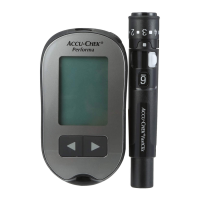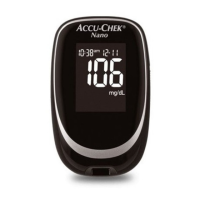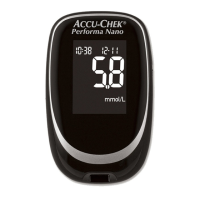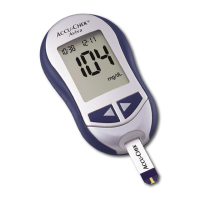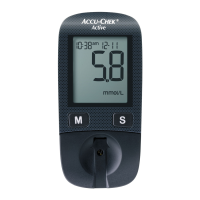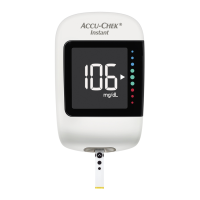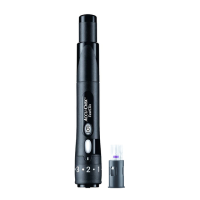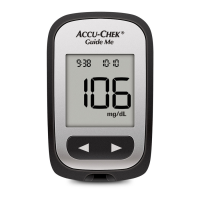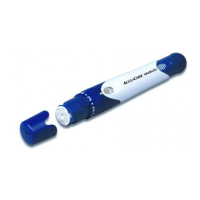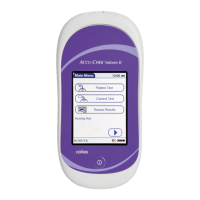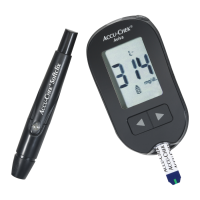11
About Testing Yourself or Others
WARNING
• If you are very dehydrated or urinating frequently, you may get an inaccurate test result. If you
think you are dehydrated, contact your healthcare professional right away.
• DO NOT CHANGE YOUR TREATMENT BASED ON A SINGLE RESULT THAT DOES NOT MATCH HOW
YOU FEEL OR IF YOU BELIEVE THAT YOUR TEST RESULT COULD BE INCORRECT.
• Some people with diabetes do not experience symptoms of low blood glucose (hypoglycemia).
Others, such as children or people who are unconscious or have certain disabilities, may not be
abletocommunicatetheirsymptomstocaregivers.Forthesereasons,donotchangeany
treatmentwithoutrsttalkingtoahealthcareprofessional.
• It is always a good idea to have a back‑up testing method available. Failure to test could cause
a delay in treatment decisions and lead to a serious medical condition. Examples of back‑up
testing methods include a back‑up meter or testing by a laboratory. Ask your healthcare
professional or pharmacist about other possible back‑up methods.
• If your blood glucose result does not match how you feel and you have followed the instructions
in this Owner’s Booklet, follow your healthcare professional’s instructions, or contact your
healthcare professional.
• If peripheral circulation is impaired, collection of capillary whole blood from the approved
samplesitesisnotadvisedastheresultsmightnotbeatruereectionofthephysiological
blood glucose level. This may apply in the following circumstances: Severe dehydration as a
result of diabetic ketoacidosis or due to hyperglycemic hyperosmolar non‑ketotic syndrome,
hypotension, shock, decompensated heart failure NYHA Class IV, or peripheral arterial occlusive
disease.
• Not to be used for patients who are critically ill.
man_07699336001_01_EN.indb 11 28.09.2015 13:26:05
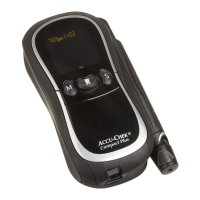
